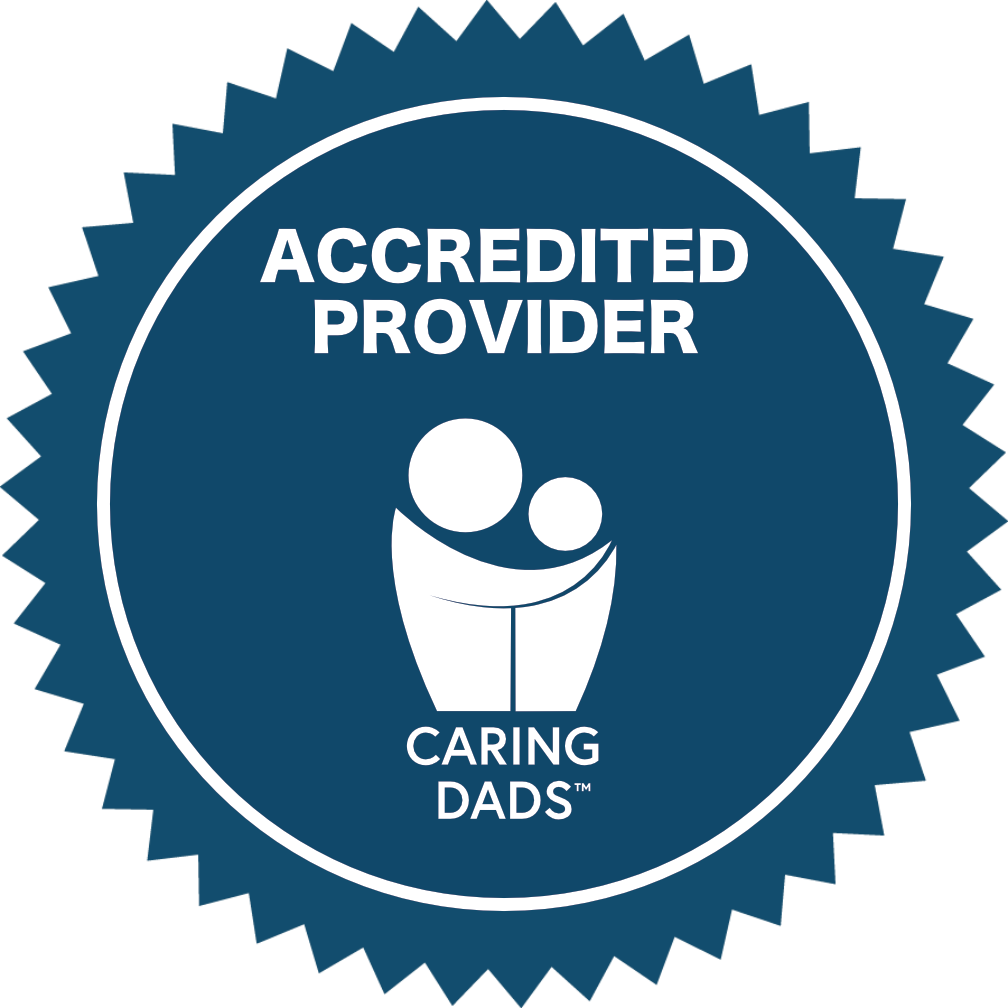Is Caring Dads for me?
Fathers often wonder if the Caring Dads program is right for them. Here are a few guiding questions to consider:
○ Do you sometimes worry about how angry you feel about your child?
○ Do you sometimes have a hard time letting go angry thoughts about your children or your children’s mother?
○ Do you often feel like your children are intentionally trying to annoy you?
○ Do you ever feel like you interrogate your children about what goes on at their mother’s house?
○ Do you ever criticize your children’s mother in front of your children?
○ Do you ever complain to your children about how their mother is spending child support?
If you answered yes to any of these questions, the Caring Dads program may be for you. Sometimes, it’s difficult to know how to be a loving and respectful father and to find the support that you need to improve the situation for you and your family. Caring Dads can help you be a better father and helps to foster healthier relationships with your child and your child’s mother.
What should I expect from the program?
A typical Caring Dad’s group usually runs for 2 hours, one night a week, for 17 weeks. There are usually 8-12 fathers registered in each group; children and mothers do not attend. Groups are co-led by male and female facilitators. Men give feedback to each other and share experiences of fathering. They are expected to complete a short homework assignment during the week.
The goals of a Caring Dad’s group are to improve fathers’ relationship with their child and family, and to help them to better understand children’s development and needs. Some of the topics explored include:
○ Building relationships with your children through child-centred fathering
○ Recognizing unhealthy, hurtful, abusive and neglectful behaviours
○ Effect on children of exposure to the abuse of their mother
○ Stages of child development – what to expect
○ Reading to and playing with your children
○ Responding to children’s needs
○ Positive communication
○ Working together with children’s mothers
○ Problem solving in difficult situations & managing frustration
○ Alternatives to punishment
○ Rebuilding trust and healing
How do I deal with my feelings?
Men come to groups with a range of feelings including:
○ Guilt and shame for their past behavior towards their children
○ Resentment – I don’t belong here, the problem isn’t me, it’s my child’s mother
○ Fear of being judged
○ Hopeful that they can improve their relationship with their child
○ Overwhelmed by the changes that need to be made
These feelings are normal and will be shared by other me n in the group. In Caring Dad’s groups fathers are encouraged to work together, giving feedback to each other and sharing experiences with the common goal of building healthier relationships with their children and their children’s mother.
Tell me the truth about domestic violence
The Myth:"My child doesn’t even know what's going on when we're fighting."
The Reality: Children do know that their parents are in conflict. They may see their father hit their mother, or throw or destroy objects. They may hear their father threaten their mother, or give her the "silent treatment." Even if they are not in the room, they can hear yelling, screaming, crying and slapping. They witness the after-effects of the abuse, such as a swollen lip, black eye, mom being "sick", or having belongings destroyed.
The Myth:"Parental conflict has no real effect on children – they are not involved."
The Reality: Parental conflict is one of the strongest predictors of childhood problems. Children are even more damaged when parental conflict involves their father's abuse of their mothers. When this occurs, children may feel terrified for themselves and their mothers, anxious that it will happen again, afraid that they will be taken away, helpless to do anything, and angry at both parents. They may be hurt physically while trying to protect their mother. They may experience learning disruptions, speech and language problems, attention and behavior problems, and stress-related physical ailments (sleep problems, headaches, rashes, stomachaches). They may be too ashamed or feel too "different" to interact with other children, or may be aggressive or hostile in their interactions with peers since that is what they’ve learned.
The Myth:"My child may be upset for a little while but s/he’ll get over it soon enough."
The Reality: Witnessing abuse has long-term effects on children. Children who have witnessed domestic violence are at greater risk for anxiety, depression, alcohol/drug abuse and juvenile delinquency, bullying, and violence in later relationships.
The Myth:"My children know that they shouldn’t hit. My "infrequent" acts of violence won’t change that."
The Reality: Children learn by what their parents do, not what they say. Boys who witnessed domestic violence while growing up are more likely to abuse their female partners than boys who didn’t witness domestic violence.
The Myth:"My children know that our fights are not their fault."
The Reality: Children often feel guilty in response to their parents’ conflicts. They may feel that they caused the abuser to become angry, and thus the conflict is their fault, or that they should have stopped the abuse. They also may feel guilty for loving the abuser, or for siding with the victim.
The Myth:"You can be a good father and a "bad" husband."
The Reality: When you hurt your child’s mother, you hurt your child.
The Myth:"Children today sometimes need a "good whack" to get the message."
The Reality: When children’s parents hit, slap, pinch, grab or push them, children do tend to comply – but only in the short term. In the longer term, behaviour problems increase. This is because when children experience violence at home, they learn that it is OK to "use your hands" to deal with disagreements, to make someone stop doing something they don't like, or to make someone do something s/he doesn't want to do.
The Myth:"Children today have too much control over their parents."
The Reality: Although parents sometimes feel like their children are "running the show", the reality is that parents, not children, are the ones who have the ability and rights to make decisions for the family. When these adults are emotionally or physically abusive to get what they want, children learn that control comes from being bigger, stronger and meaner than others. They also don’t have the support that they need from their parents to learn how to make good decisions for themselves and "be in control" of their own lives.
What are my children learning from me?
Here's what children learn from abusive and controlling fathering:
○ Children learn that it's acceptable to use violence to deal with disagreements, and that it's okay to hit someone if they don't agree with what that person is saying or doing.
○ Children learn that hitting is a good way to make someone stop doing something they don't like, or to make someone do something s/he doesn't want to do.
○ Children learn that others have the control - especially bigger stronger others. They do not learn that they can make decisions themselves, that they are capable of doing so.
○ Children learn that love and violence go together. This sets the stage to accept violence in other relationships.
○ Children learn that when someone is under stress, tense or angry, violence is an acceptable way to cope.
○ Children learn that they deserve to be hit if they have done something that the other person disapproves of.
○ Children learn to deal with other authority figures, like teachers, in unhealthy ways.
○ Children learn not to get caught.
○ Children learn to avoid the person who has abused them, and they lose trust in that person. They learn that this person is not safe and cannot be relied upon to help them.
Teach me about child development
KidsHealth
If you're looking for information you can trust about kids and teens that's free of "doctor speak," you've come to the right place. KidsHealth is the most-visited site on the Web for information about health, behavior, and development from before birth through the teen years.
View the KidsHealth website here
Kids' Development
Experts agree that while developmental milestones matter, each child is a unique individual and as such, will not always learn and grow in a 'textbook' fashion. Kids Development covers the physical, emotional, social, and intellectual development of children from birth through their teenage years, providing accurate information so that parents can recognise when to relax and when to seek help.
View the Kids Development website here
Teach me about positive fathering
The Spruce - Fatherhood
The Spruce is a new kind of home website offering practical, real-life tips and inspiration to help you create your best home. The section on Fatherhood is a great place to explore resources and personal stories of fathers who strive to be the best examples.
View the Spruce website here
Dads - Renovate Your Relationship This manual is a blueprint for taking a new look at your relationship as a father. Think of it as your set of instructions for your most important renovation project. It’s worth the work!
Download Now






